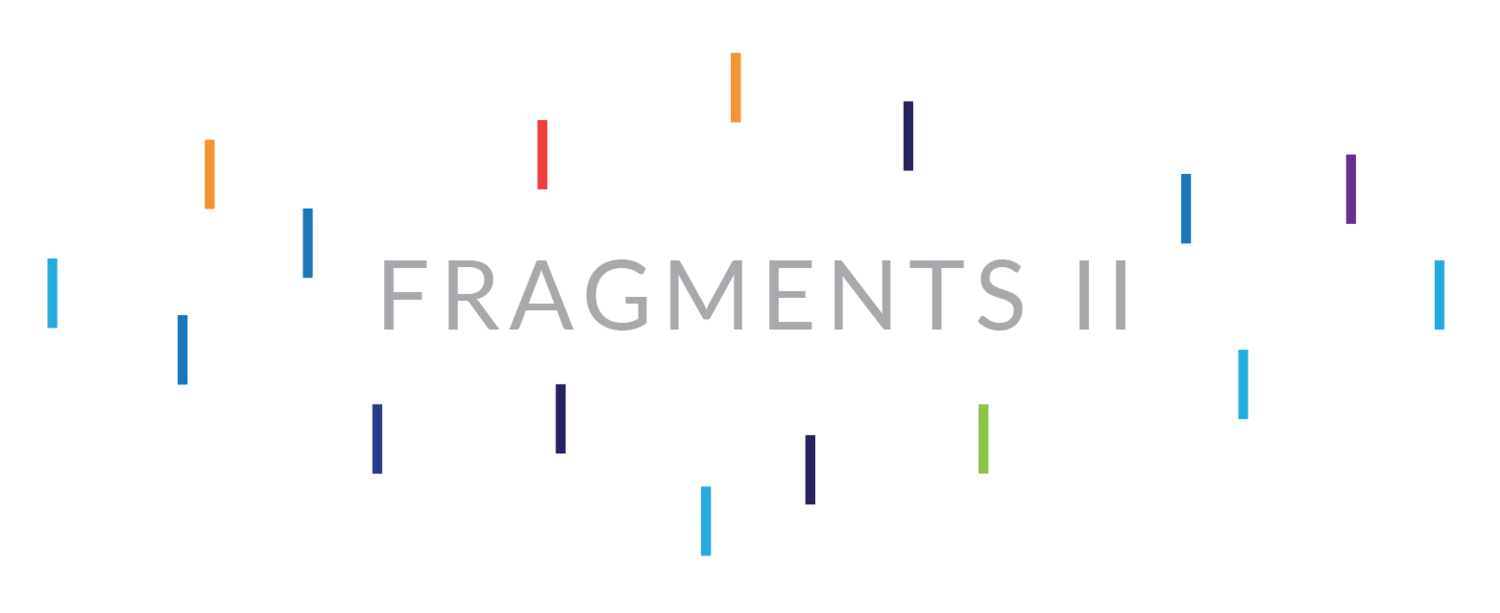What is "Advancement" anyway?
Outside of the relatively small world of independent school administration, I've got used to that unmistakable look when I tell people that I am a Director of Advancement. I may as well be Ford's Master Clay Modeler or Walmart's Geospacial Analyst. (Yes, they do exist. Check it out.)
Even amongst ourselves, however, the title has been the subject of much discussion. So here's the (very) short story.
The Past: Advancement as Communications and Development
For many of us, Advancement began as a function synonymous with school communications, development and fundraising. The Council for Advancement and Support of Education (CASE) has therefore traditionally defined Advancement as the "strategic, integrated method of managing relationships to increase understanding and support among an educational institution's key constituents."
The Present: Including Admissions
A little more than a decade ago, some of us began to wonder why admissions was not included in this basket of school functions. In the CASE Currents Magazine of April 2005, Andrea Jarrell speaks of a "new breed" of Advancement - one that includes admissions. It was in this context that we began to see Advancement as all systems and processes that advanced the organisation - literally ensuring that it moved forward.
The Future: Advancement and Innovation
But as we keep the wheels of the institution moving, I'm now wondering how long the "vehicle" will keep on running.
We've become used to the business model of companies paying tuition fees for globally mobile families. We've become accustomed to the ways schools run their operations to provide their educational services. In fact, we've become pretty good at it.
But there is no evidence to suggest that the international school of the future is immune to significant and paradigmatic change. So, I would suggest, if Advancement is about moving the institution forward, we need to start thinking about the forward into which we are moving.
Advancement, in other words, is also about innovation: anticipating new business models, new structures, new models … sooner rather than later.
So even if I still shy away from telling people what I actually do, at least we have a better description of what it is for ourselves.
For those of you who are interested, you can read our internal working document here.
Photo credit: iStockphoto.com/gerenme




